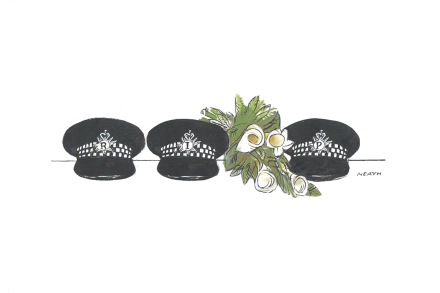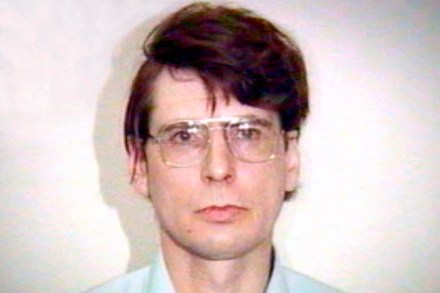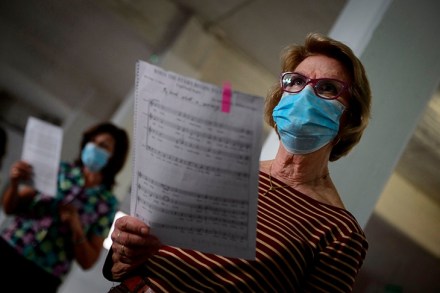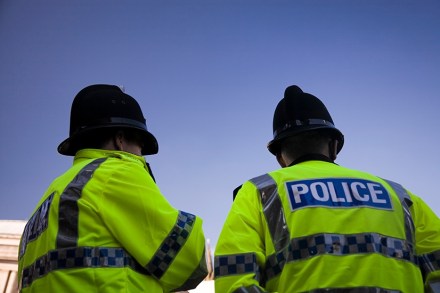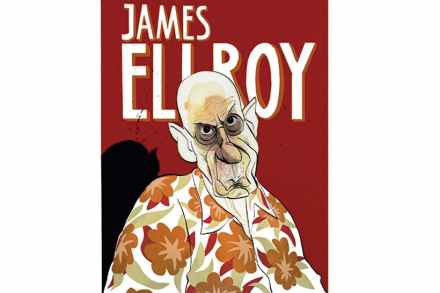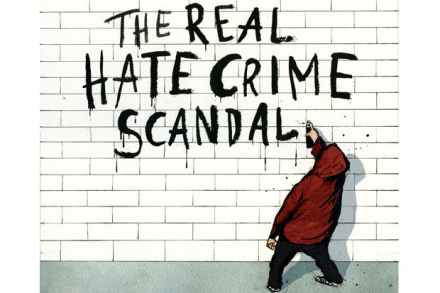Bas Javid: Why I joined the police
There’s no such thing as a typical week in policing and this last one was no different. It started on a high and ended, tragically, on the lowest of lows. I’ve been asked recently why I joined the police — what or who inspired me. My first answer is: Lieutenant Carl Downing. He was my divisional officer in the Navy and one day, though I went on to be the most unlikely copper you could ever meet, he turned to me and asked: ‘Have you thought about the police? You’d be great at it.’ I remember thinking: where did that come from? Nonetheless, five years later I found myself signing
